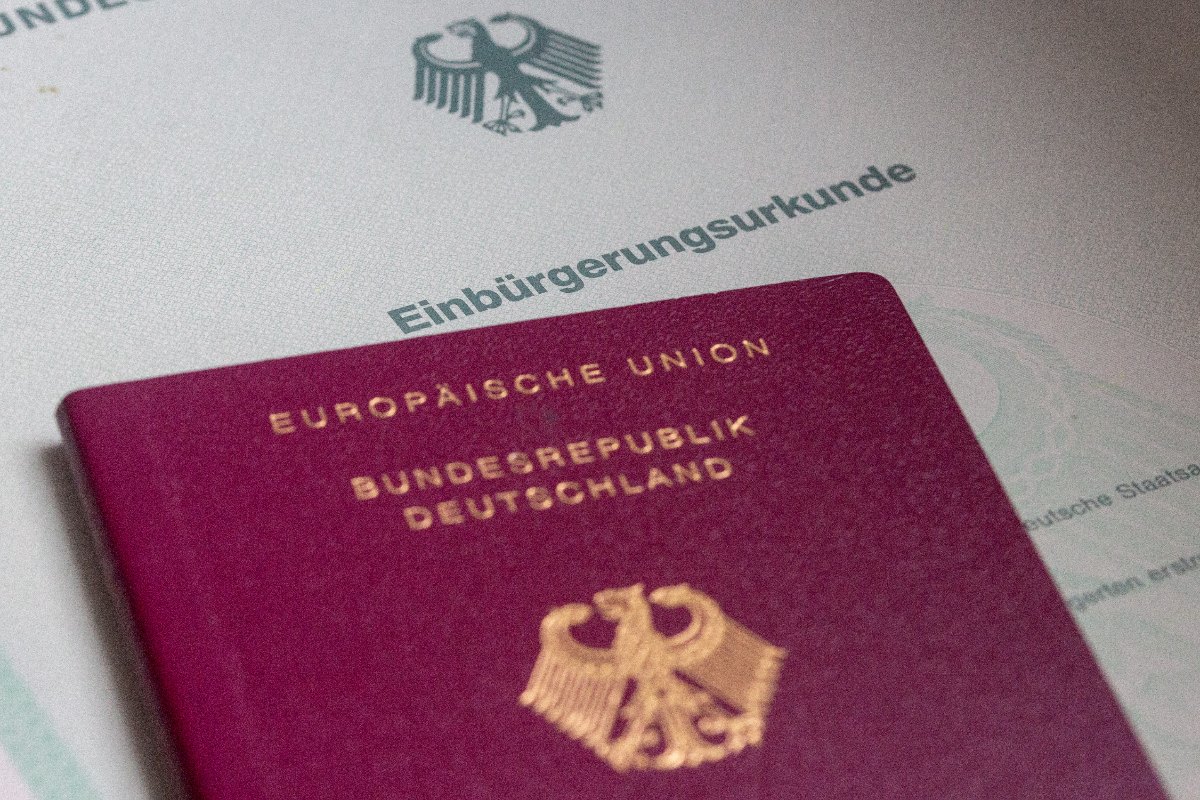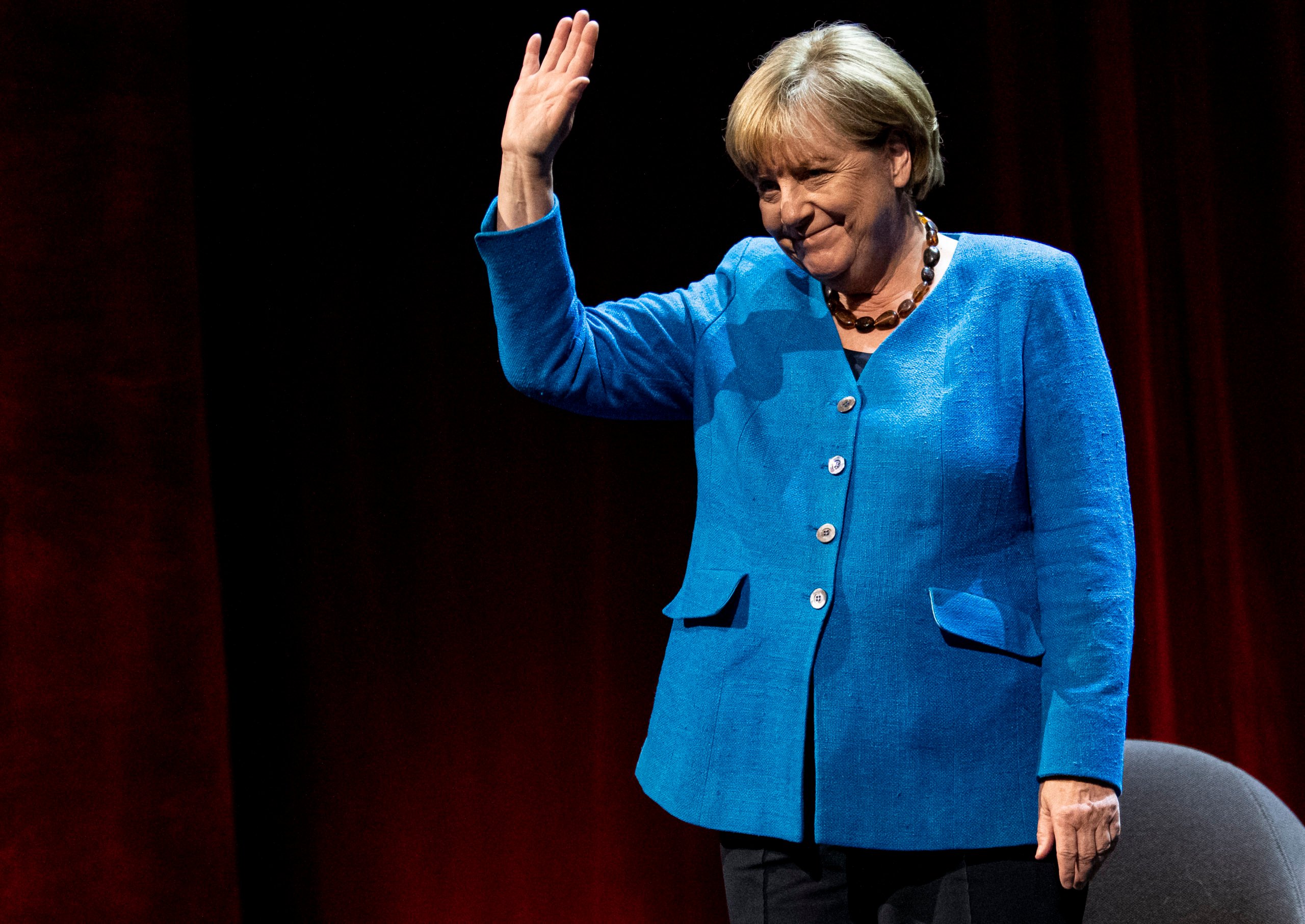According to the plans announced by Deutsche Post, sending a standard letter will cost 85 cents instead of the current 80 cents, and 70 cents instead of 60 cents will be charged for sending a postcard.
The prices for other letter products such as large letters, registered mail and book and merchandise shipments are also to increase “moderately” as of January 1st, the postal service revealed.
After New Year’s Eve, sending a compact letter will set you back €1, the large letter €1.60 and the maxi letter €2.75 euros.
Under German law, prices increases as Deutsche Post have to fall within the margin set by the Federal Network Agency (BNA).
This year in October, the BNA announced that Deutsche Post would have a 4.6 percent margin for raising its prices – meaning it could increase postal costs by up to 4.6 percent.
This announcement formed the basis for Deutsche Post’s planned price increases, which were approved by the government last week.
According to the BNA, the operator is allowed to spread the margin across different products – meaning some will be raised by less, and some by more – as long as the total increases don’t come to more than 4.6 percent across the board.
Deutsche Post has justified the increases by pointing to its increased operational costs. The additional cost of sending letters covers “only part of the cost inflation,” the company revealed.
“The approved margin is less than the compensation for the wage increases that have occurred in the meantime and certainly not compensation for the increase in unit costs to be expected in the next few years.”
The previously state-owned company last raised its costs when a standard letter became ten cents more expensive in 2019. That makes the current price hikes the first domestic prices increases in around three years.
On the international side, there have however been increases in the cost of sending letters and parcels to Britain after Brexit, and reports of people being charged exorbitant fees to receive parcels from outside the EU.
READ ALSO: EXPLAINED: Why people in Germany are being charged to receive small parcels from outside the EU
Domestically, the price increases are in response to an increasingly un-lucrative letter market, which has been shrinking for several years.
People currently write far fewer letters to each other than they used to and are increasingly using e-mails, chats or social media to make contact with friends and family instead.





 Please whitelist us to continue reading.
Please whitelist us to continue reading.
Member comments